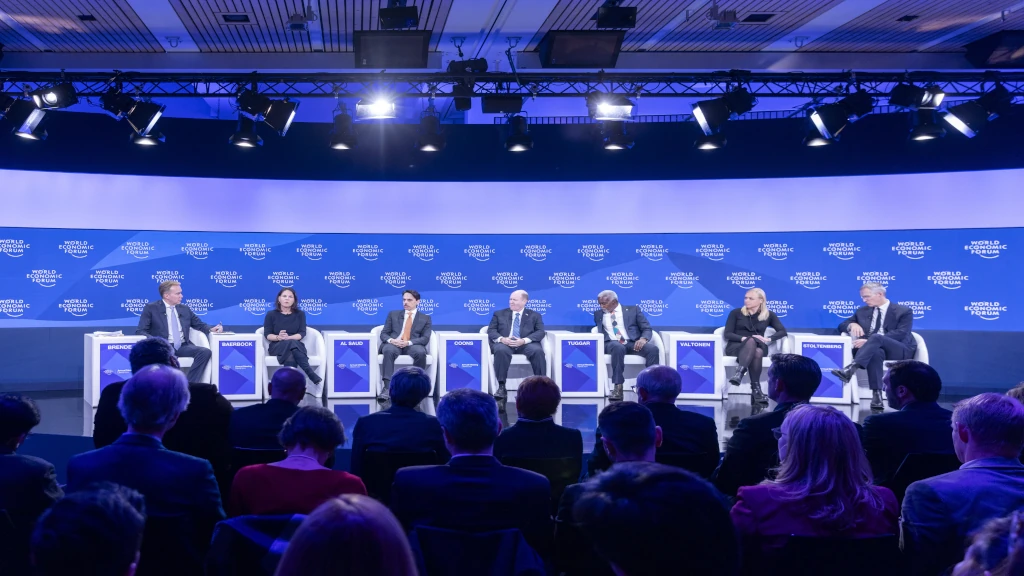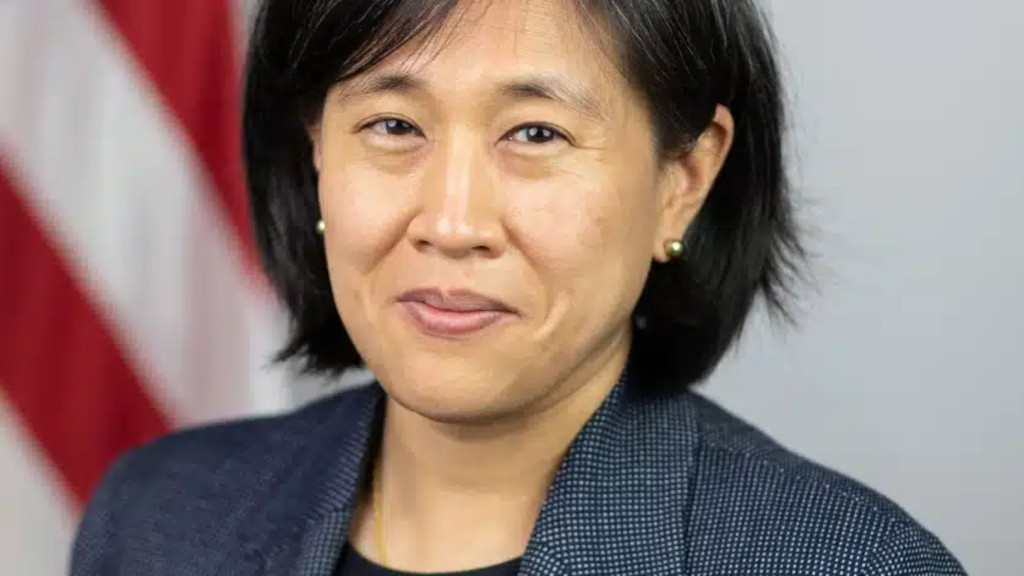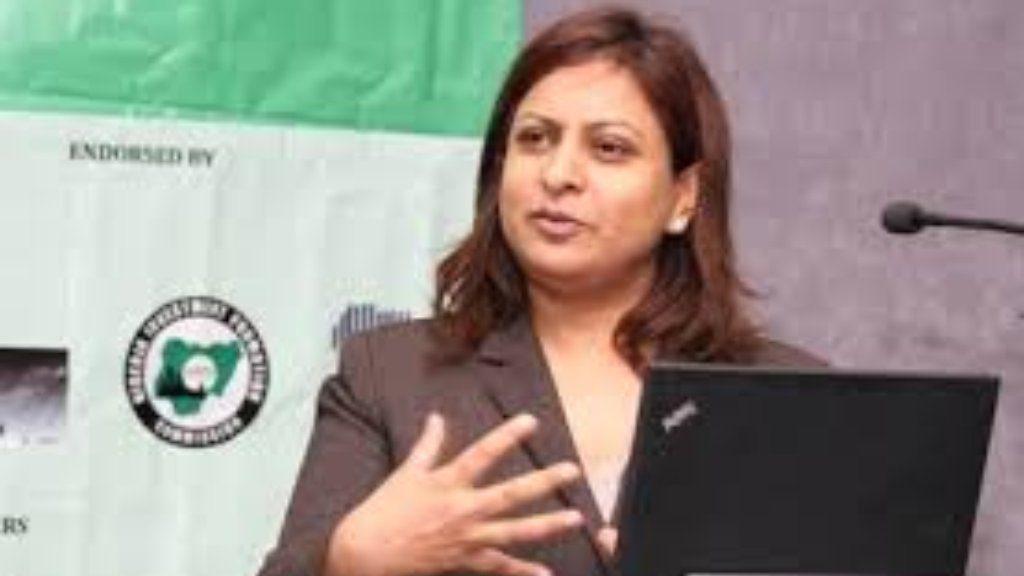Davos 2024
In Davos, the United Nations Development Programme (UNDP) launched the “timbuktoo” initiative in collaboration with African countries. The initiative, unveiled during a special session at the 24th Annual Meeting of the World Economic Forum, aims to be the world’s largest financing facility, uniting catalytic and commercial capital to bolster Africa’s startup ecosystem.
H.E. President Paul Kagame of Rwanda, H.E. President Nana Akufo-Addo of Ghana, the Secretary-General of the African Continental Free Trade Area Secretariat, HE Wamkele Mene, and UNDP Administrator Mr. Achim Steiner presented the initiative to global corporate leaders and African financial institutions. The timbuktoo initiative is poised to spark the African Startup Revolution, leveraging Africa’s youth demographic and innovative talent.
The initiative targets critical gaps in the African startup ecosystem, collaborating with governments, investors, corporates, and universities to foster innovation. H.E. Paul Kagame pledged an immediate contribution of US$3 million to kickstart the timbuktoo Africa Innovation Fund hosted in Kigali, with a billion-dollar target to create opportunities for Africa’s youth.
H.E. Nana Akufo-Addo emphasized the need for supportive structures to enable young Africans to create innovative businesses, contributing to job creation and sustainable economic growth. Administrator Steiner highlighted timbuktoo as a new development model, focusing on startup-friendly legislation, global-class startup building, de-risking capital, and UniPods (University Innovation Pods) across Africa.
Africa currently holds just 0.2 percent of the global startup value, and 89 percent of venture capital comes from foreign sources, with 83 percent concentrated in four countries. timbuktoo seeks to revolutionize Africa’s knowledge-driven economy, turning ideas into pan-African enterprises, attracting global and local investment.
With private venture capital investments in Africa surging six times faster than the global average in 2022, a vibrant youthful population, and expanding tech startups, timbuktoo aims to mobilize US$1 billion to transform 100 million livelihoods and create 10 million new jobs. The initiative’s unique design blends commercial and catalytic capital to de-risk private investment, fostering a pan-African approach to supporting startups and strengthening the entire ecosystem.
Source: AfricaNews, 18th January 2024
 afric-Invest
afric-Invest


